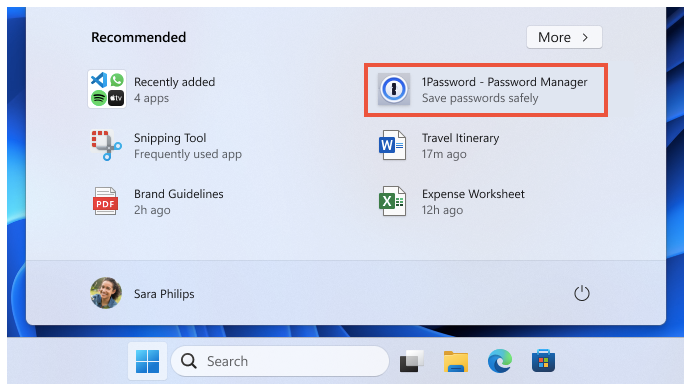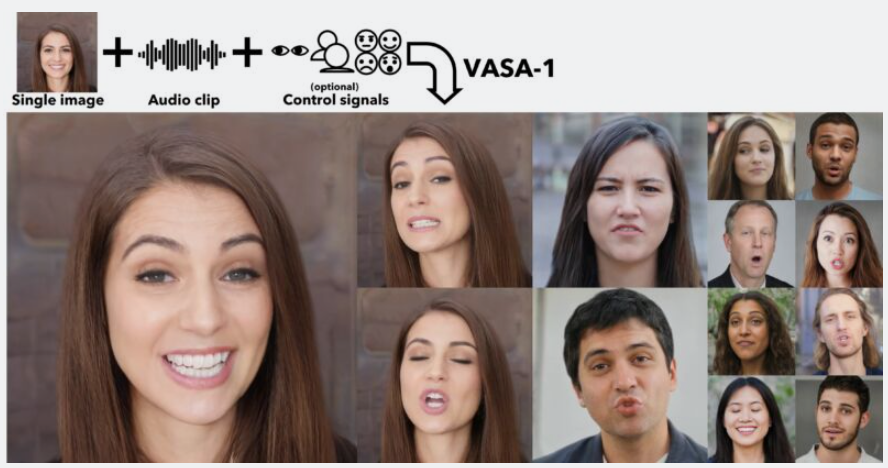Microsoft has introduced advertisements within the Start menu of Windows 11, marking a significant change for users of the operating system. The ads, presented as “recommendations” for Microsoft Store apps, are part of the KB5036980 update, which is currently in preview status. While users have the option to choose whether to install this update, Microsoft plans to eventually enforce its installation on all Windows 11 PCs.
The move has sparked mixed reactions among Windows enthusiasts. Some see it as a helpful feature to discover new apps, while others view it as an unwelcome intrusion into their user experience. The decision to implement these ads follows a trend of similar advertising initiatives by Microsoft in previous versions of Windows.

Image : Microsoft (“Microsoft’s Windows 11 Start Menu Now Featuring Ads”)
The ads appear in the Recommended section of the Start menu, alongside recently used files and apps. Microsoft Store apps featured in these recommendations are curated from a select group of developers. Users can easily disable these ads by toggling off the switch in the Settings menu.
Feedback from users, particularly from the Beta Channel Windows Insiders, has been varied. While some have expressed dissatisfaction with the inclusion of ads in the Start menu, others have voiced support for the feature. Microsoft has invited feedback from users but has ultimately decided to proceed with the implementation.
The introduction of Start menu ads aligns with Microsoft’s efforts to “make the Start menu great again,” as stated by Mikhail Parakhin, CEO of advertising and Web Services at Microsoft. However, it remains to be seen whether these ads will enhance the user experience or become a source of annoyance for Windows users.
Comparisons have been drawn between the current recommendations and previous Windows ads, such as those for Teams Essentials and Bing. While the current ads may seem relatively benign, Microsoft has faced backlash in the past for intrusive advertising experiments, such as placing ads in File Explorer.
Despite potential backlash, it is unlikely that Microsoft will reverse its decision to include Start menu ads in Windows 11. Past experiences with similar advertising initiatives suggest that Microsoft is committed to monetizing its platform through various means, including advertising.
For users who prefer an ad-free experience, third-party Start menu replacements such as Start 11 or StartAllBack offer a viable alternative. These tools provide a more traditional Start menu experience reminiscent of earlier versions of Windows, without the presence of ads.
To sum up, the introduction of Start menu ads in Windows 11 represents a significant shift in Microsoft’s approach to advertising within its operating system. While the move has generated both praise and criticism from users, it underscores Microsoft’s ongoing efforts to monetize its platform and enhance the user experience simultaneously.




